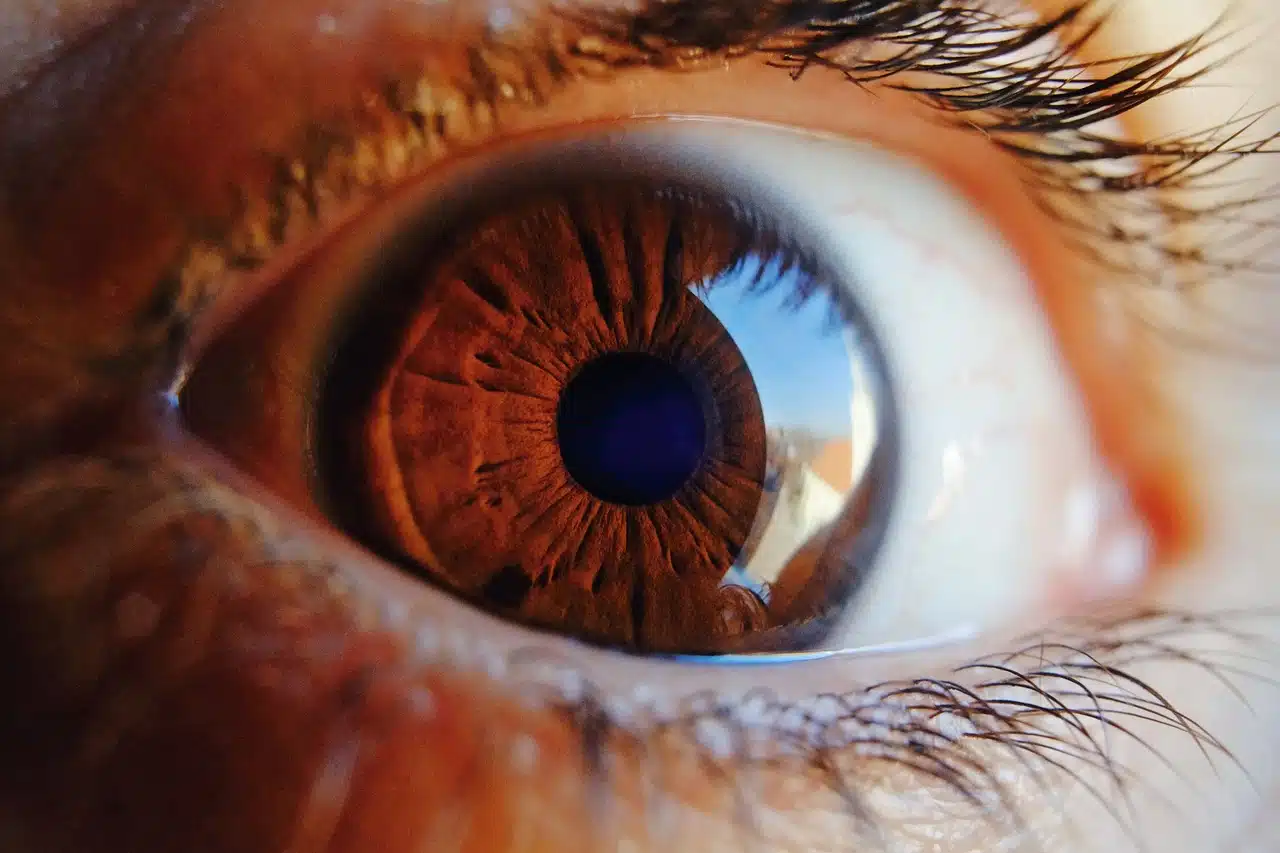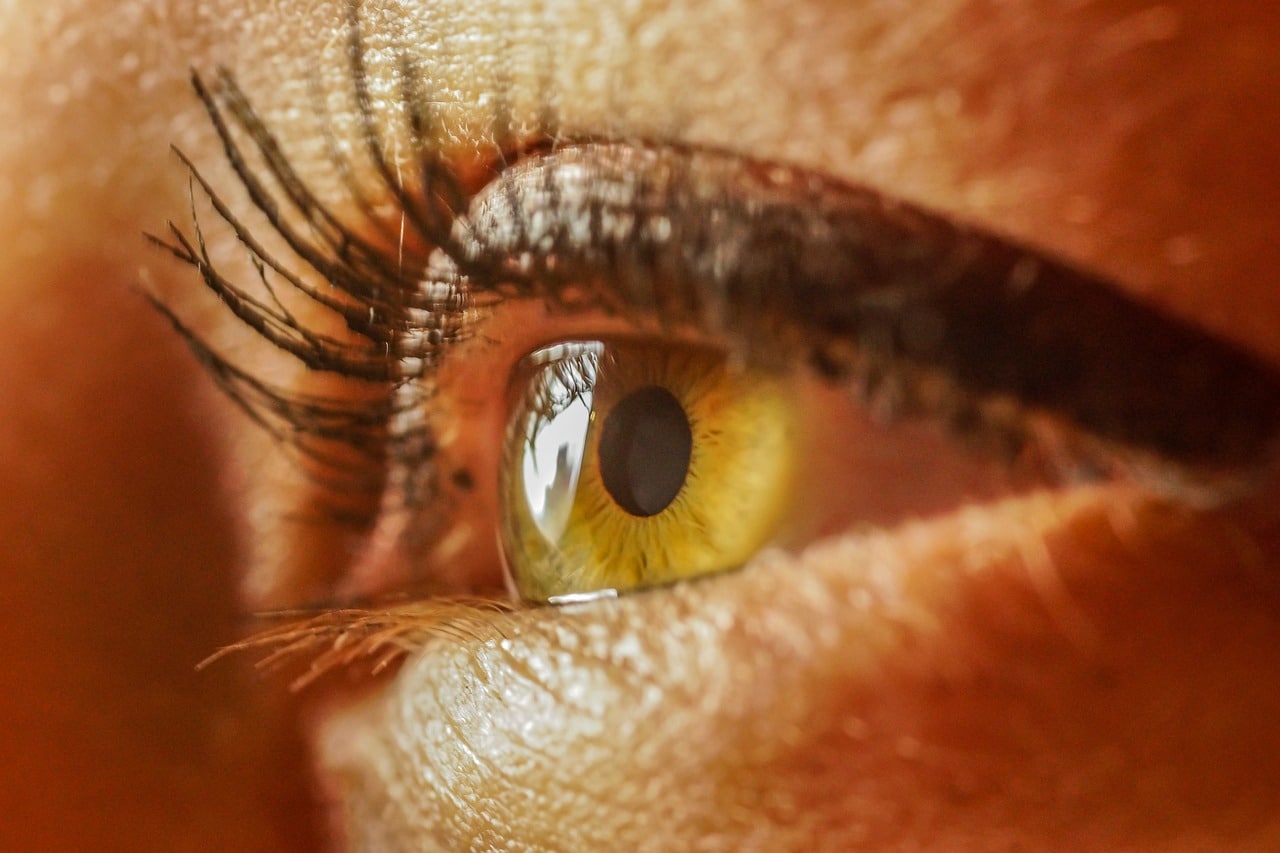
Vision is the sense that makes it possible to see.
Vision is the sense that gives different organisms the possibility of detecting light and recognizing places, people and objects (that is, it allows them to see ).
Originating from the Latin term visĭo , the concept refers to the capacity that animals (including humans) have developed from their ocular structure. In the case of certain machinery or devices that imitate this achievement, we speak of artificial vision .
The visual system sets in motion different mechanisms to make vision possible. In principle, it assumes the task of interpreting the stimulus received to form from it the corresponding optical image on the retina, through the cornea and lens of each eye. This part of the visual process is in charge of the optical system .
Components of vision
Specifically, we can state that within what the optical system is, we must highlight the fundamental role played by various elements of the eye. These include the cornea , the aqueous humor , the iris , the lens and, of course, the retina .
Vital part of the eye, the latter mentioned that can be affected by a series of diseases of more or less importance. Thus, among them we must highlight those known as floaters , which are spots in the field of vision, retinal detachment , macular hole or macular degeneration .

There are various components and structures in the eye that allow vision.
Sensory system of the ocular organ
On the other hand, the cells located in the retina constitute the so-called sensory system of the ocular organ . Here the photoreceptors intervene, which are responsible for capturing the luminosity that reaches them. According to experts, there are two kinds of photoreceptors: some that are known as cones and others that are called rods .
Other types of cells also participate in this stage of the process, responsible for converting light into electrochemical impulses and conducting them to the optic nerve . Once there, they are transmitted to different areas, among which we can mention the lateral geniculate nucleus area and the visual cortex of the brain.
The process of reconstructing distances, recognizing colors, movements and shapes of objects finally takes place in the brain .
Other meanings of the term vision
It should be noted that the dictionary of the Royal Spanish Academy (RAE) attributes many other meanings to the concept of vision, such as describing direct contemplation without sensitive perception ; that of naming an opinion that an individual may have on a specific issue or problem; that of being related to the consideration as true and real of a fantasy or illusion; and to represent an image that, in a supernatural way, is appreciated through sight or through a recreation of something imaginary.
Taking these meanings into account, some of the examples that can work to explain everything we have highlighted would be the following: "The young man had a ghostly vision while he was sleeping in the abandoned mansion" or "The medium has had a vision of what could have happened to him." to the missing boy .
In the same way, it should be emphasized that this type of visions also occur in certain people who are sick. Specifically, those who are experiencing a moment of psychosis suffer from them, that is, those who, due to some specific circumstance, are experiencing a mental state that distances them from reality.
These patients will not only have these aforementioned visions, both auditory and visual, but also suffer from sudden changes in behavior, memory loss, depression, and sensations that people are watching them and even that they are plotting something against them. he.
Finally, we can mention the business vision , a component of the planning process of a company .
